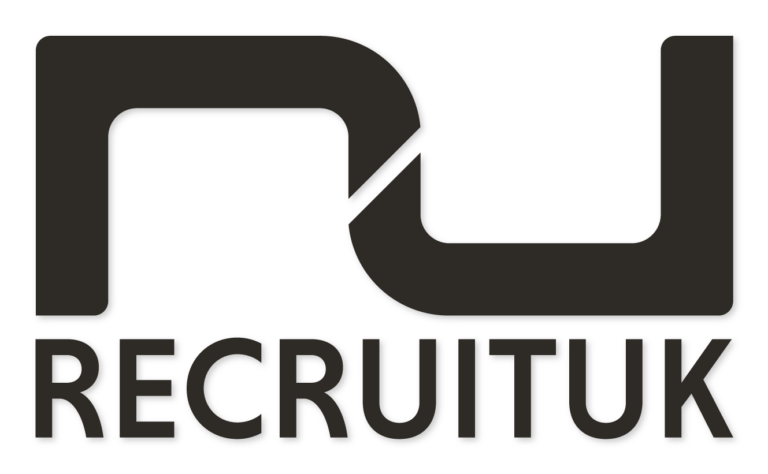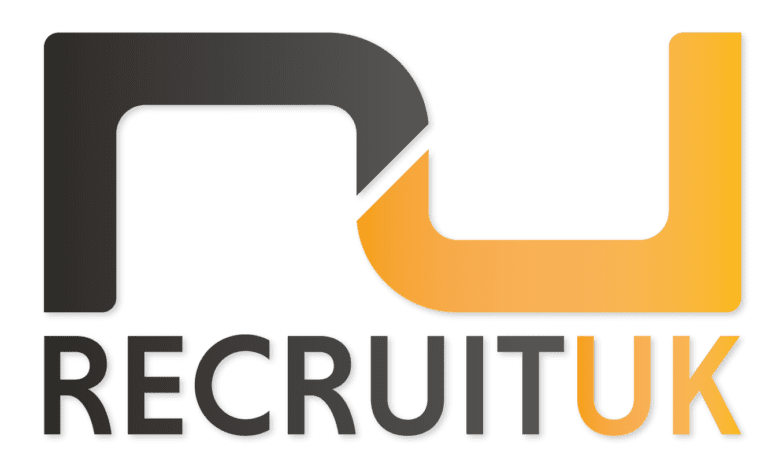1. Know your cash flow
It is important to know how much you earn and how much you spend monthly. Tracking your cash flow becomes a good habit for a life time and gives you the financial leverage to do so many things. This does not mean you should count every penny, but you should have a solid idea of how much you have coming in and going out. It may also help to formulate yourself a budget that you can commit to and be accountable for, this way you can measure your progress.
2. Build up your savings
Living from payday to payday is dangerous as you don’t have any cushion against the difficulties of life. You should aim to have savings roughly equal to six months of your cash flow expenses in an account that you can easily access if necessary. For example, if your cash flow shows you spend £1,000 a month, then you should aim to have £6,000 available should an emergency, like losing a job, arise.
3. Save for the future
Once your emergency savings are in shape, your next focus should be your long-term savings. This could be a combination of things- an investment account, a cash-value life insurance policy, retirement fund etc. The point is to start stashing it away early so that you get compound interest working in your favour!
4. Protect yourself with insurance
Sometimes, emergency savings just aren’t enough, and in this case you need insurance. This could include your car, your health, your home, or a disability. Life insurance is particularly important- if you plan to have a family or are looking to buy a house soon, consider getting life insurance now whilst you are young and healthy as its far cheaper! Premiums are generally based on your health and wage, so the longer you wait the more expensive it is likely to be.
5. Improve your credit score
Having a good credit in an important sign of financial health. It is important to keep your credit score up, so that if you are ever in a tight spot and need to borrow money, you know you can do so- and get a competitive interest rate! Credit score improvement in turn has the potential to save us money on everything from loans and lines of credit, to insurance premiums.
The first step to improving your score is to review your report for errors. Once you have confirmed everything is accurate, you can begin shoring up the weak points in your score.
If you don’t get financially fit now, your older self is going to kick yourself later! So, get going!












